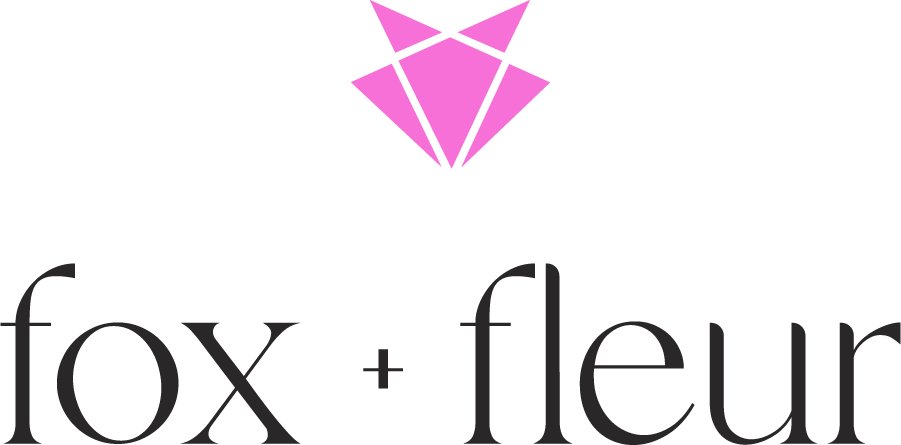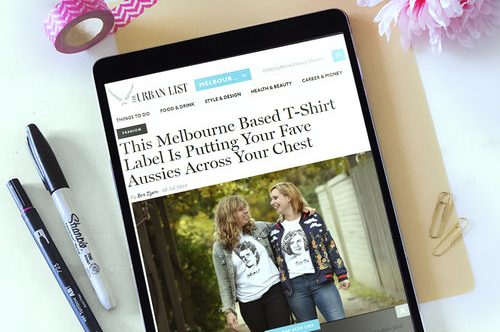One question we’re often asked is “what is PR and why do I need it for my business?” Think of PR as the relationship a brand has with its target audience. While marketing focuses on selling a product to a consumer, PR is concerned with the overall perception of the brand – what is being said about it, how it’s being said – its overall reputation.
A good reputation doesn’t grow overnight despite how much money you throw at it. PR requires a long-term considered commitment; a reputation can be gone within a second if the relationship isn’t managed correctly.
Think about your own relationships with your favourite brands. How do you perceive the brand? Why do you keep visiting their stores, purchasing their products, following them on social media? What is it about that particular brand that makes you think fondly of it.
Those things, right there, all come from public relations. So, what can it do for your brand? Read on.
Free publicity.
Publicity is often the first thing people think of when they hear the word PR. Unlike advertising, publicity is free, and a great tool for establishing brand awareness. A PR practitioner will pitch your idea to the media as part of a well thought out communications strategy, and if the media is interested they’ll write about it or broadcast your news completely free of charge. Your story might even be picked up by the national media, spreading the word all over the country. Think about your favourite brand – where do you see it appear? On the news? As part of a spread in a magazine? On a celebrity or an influencer’s Instagram profile? That’s all publicity.
Credibility.
One of the most important elements of PR is credibility. If a magazine, newspaper or reporter is featuring your company for free, you must be doing something worth talking about. Another way you can use PR to achieve credibility is through brand ambassadors or influencers. PR practitioners think long and hard about the best brand alignments for a reason. If you get this right for your business, you’re exposing your brand to even more of your target audience. If relevant, you can also think about aligning your brand with a cause or charity you feel very strongly about.
Key messages.
Ever wondered why politicians avoid answering the tough questions but continue coming back to that one point they want to make? This point is what we call a key message – the main idea you want to share with your audience. Every brand or campaign has them – even yours! Are you working with sustainable materials to encourage a positive effect on the environment? Does your new restaurant have a multi-award winning chef at the helm? A PR practitioner can help you define your brand’s key messages and help you tailor your communication specifically for your audience so it’s clear and effective.
Reinforcing your brand narrative helps build a community.
If your brand was a person, who would it be? Establishing a brand narrative is the closest way to build a relationship with your audience. Think about what your brand is all about and what it stands for. Do those things come through in your communication? Once you’ve determined your story, it needs to be reinforced through all your communication channels. Let’s say your brand is an eco-friendly clothing label targeted at 18-30-year-old women with a medium-high income. We’ll call her Sally. Sally is concerned with the impact fashion has on the environment and aims to tackle this through premium quality bi-annual collections. One way to keep her community engaged is by educating them. Blog posts about environmental issues, alignment with like-brands and an ethical brand ambassador can all work together to put your narrative in front of the right audience. After consistent reinforcement, Sally becomes relatable to the people that matter and eventually her brand narrative is established. People know the brand for its products but also for what it stands for.
Balanced social media communication.
Social media is perhaps one of the best platforms we have to communicate directly with our followers. The best part is they can communicate right back, which makes it great for finding out exactly what your followers think of your brand. Many people think social media is just another chance to sell their products/services, but to avoid bitter disappointment this should never be the focus, but a bonus! Think of social media as a brand-building exercise that serves to open a dialogue with followers by supporting the overall communications strategy. Remember Sally and her narrative. What would her followers want to see aside from her products? Vary the content so for every two ‘sell’ posts you have, you have another 4 ‘user-interest’ posts. This and all the other communication channels you’re using will put you in the best position for making a sale, but will also help retain a customer because they like what you’re posting.
If I was down to my last dollar I would spend it on public relations. –Bill Gates
If used properly, PR is a highly valuable tool for any brand or business, but it’s important that it’s handled correctly. For more information or if you have any questions about PR for your business, drop us a line.





Leave A Comment